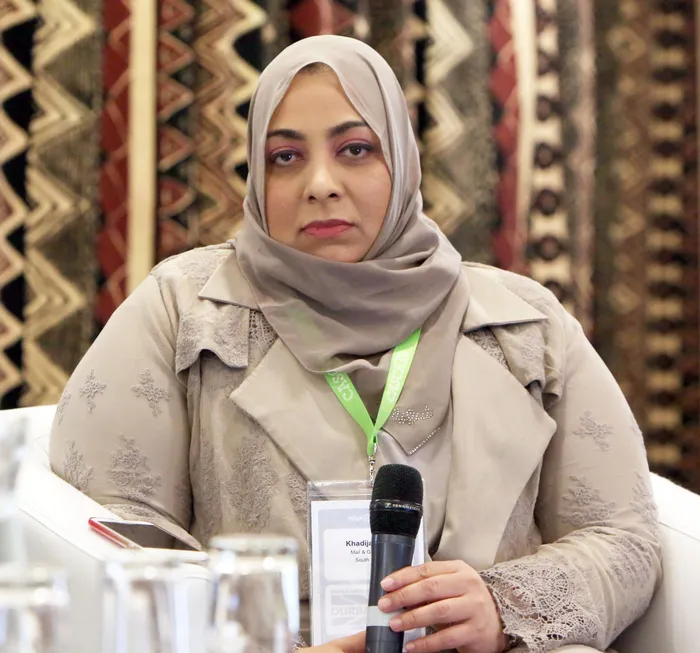Media's duty to challenge gender stereotypes

Executive editor of the Daily Vox Khadija Patel Executive editor of the Daily Vox Khadija Patel
What does a sexily dressed woman have to do with selling an ice cream?
Or why is it generally only men who are depicted as wanting luxury cars, what purpose does a barely-clothed woman draped over the car have to do with selling the product?
Gender stereotypes continue to make their way into media and experts asked at the World News Media Congress in Durban yesterday whether media were merely reflecting society or entrenching stereotypes.
“We are in the year 2017 yet we are still asking the same gender debate questions. We seem to be stepping backwards, and we need to know where we are going wrong,” said Mich Atagana, head of communications and public affairs at Google South Africa.
She referred to the depiction of women as sexual objects in adverts.
“As an example, Liz Hurley was featured in an ice cream advert in a very sexy outfit and eating an ice cream in a sexual manner, and we have to ask ourselves what does that have to do with the product itself,” said Atagana.
Executive editor of the Daily Vox Khadija Patel said she believed that gender representation was not only an issue faced by the media.
“We cannot isolate gender from other social inequalities we face in society. As an example over the last few weeks we have seen many incidents of violence against women, and a huge outcry from the public as well. This violence does not come out of nowhere, so as a society we need to understand what are we doing to let this happen. We need a commitment for a more equal society.
"As media we need to take responsibility as well in the way we portray people, and how we take the conversation about gender forward,” she said.
Patel said that gender awareness needed to be part of the school curriculum.
Viv Quann of Hot Salsa Media said advertising agencies needed to have a firmer approach when dealing with clients who requested adverts entrenching stereotypes.
“We need to show the clients what the imagery and the words mean and in which ways it can be interpreted. There is a huge responsibility on us to do this and back it up with research and statistics,” she said.
Samantha Berry of advertising agency Irvine Partners, added that men were equally stereotyped.
“We pigeonhole men as well, they are taught not to cry like a girl, or not to show emotion, that they need to buy a big car to take care of the family, and that as kids they must not play with dolls. Advertising needs to be conscious of this as well."
Constant interrogation of gender bias is encouraged as a way forward for superior media coverage.